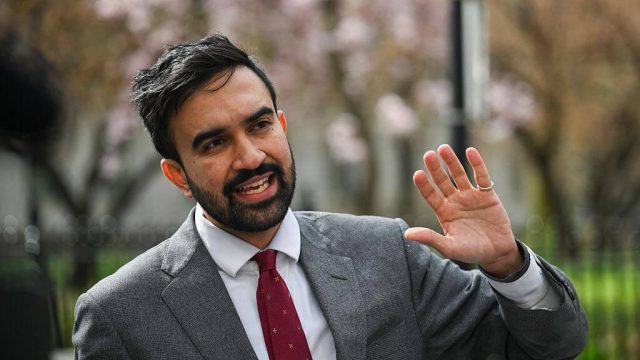
It’s been described as the most ambitious climate legislation in Europe. Does the Energy Transition law mark a turning point in France’s transition towards a greener future?
In July 2015, the French National Assembly formally adopted a new landmark in climate legislation: the Energy Transition for Green Growth law (ETL). The headline targets alone are striking. By 2050, the law states that carbon emissions are to fall by 75%, while total energy use in France must be cut in half – by far the most aggressive efficiency target in the world. Tough new goals are also laid out on reducing fossil fuel consumption, phasing out nuclear, and boosting renewables.
Triggering the transition
Many national climate plans would be content to merely set targets – especially such ambitious ones – but the French law also lays out a whole basket of policies and programmes to help deliver change. Plastic bags, plates and cutlery have been banned outright, and planned obsolescence is now illegal. 7 million charging stations for electric vehicles will be deployed. 10 million buildings will be renovated to meet exacting new efficiency standards. And a new carbon price is set to ratchet up over time, reaching an impressive $100 per ton of CO2 by 2030.
The ETL also breaks fresh ground in the financial sector. For the first time, listed companies must report on how climate change will impact their business model, while investors must disclose the environmental impact of their funds. This “introduces tremendous transparency to the market,” says Kevin Bourne of market analysts FTSE Russell. “It's a very simple piece of legislation that forces a lot of action." Brussels is reported to be considering whether something similar could work at an EU-wide level.
A people-first vision
The law aims to transform the lives of ordinary people, too. Unemployment in France has crept up in recent years, but the ETL is expected to add 100,000 new jobs in clean energy and recycling by 2019, helping move the country into a new paradigm of green, inclusive growth.
Local energy projects also receive new support under the law, which seeks to replicate Germany’s success in building energy cooperatives which are owned and run by communities themselves. Enercoop, one such collective, now boasts 47,000 members. And new financial support will help the 4 million poorest households pay energy bills and invest in energy efficiency, ensuring the benefits of the transition are felt by all.
The road ahead
No legislation is ever perfect, and France’s energy transition will face challenges ahead. The ETL lacks specific objectives for the transport sector – sadly, a common enough omission in climate policy – and some have questioned whether the law contains enough new funding to achieve its goals. French environmental policy has a history of high ambition but weak implementation – the 2007 Grenelle measures on agriculture and energy remain largely neglected – and the new law will require serious political commitment if its formidable targets are to be met.
But the ETL remains an inspiring example of ambition and innovation, powering France’s transition to a fairer, cleaner green economy. As Denis Baupin, a French MP who helped draft the law concludes, the ETL "gives economic interest to what is ecologically essential.”
Find out more:
- Business Green’s account of the bill and its passage is a good starting point.
- From IDDRI, an excellent in-depth summary of the main points of the law, and the challenges for implementation.
- More detail on those climate-smart financial reporting rules.
- And on the challenges of phasing out the existing nuclear fleet.
Image credit: "#COP21 - Human Energy à la Tour Eiffel" (CC BY-SA 2.0) by y.caradec
Impact
-
People
Green jobs, energy co-ops, & support for the poorest
-
Planet
World-leading targets on fossil phase-out
-
Prosperity
Transparency driving climate-safe investment


